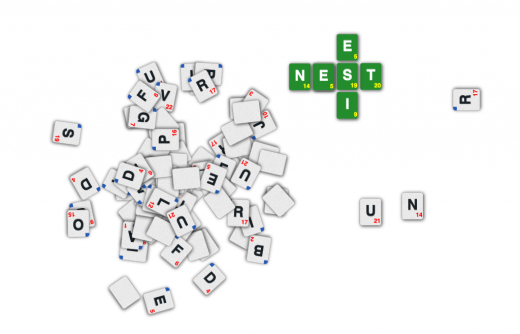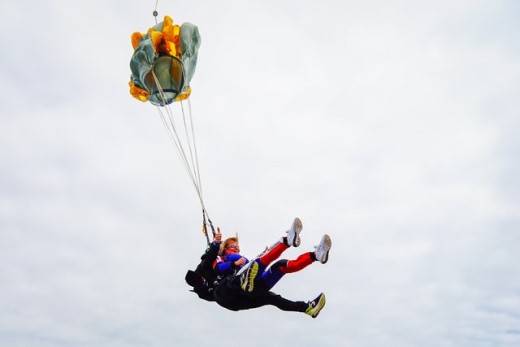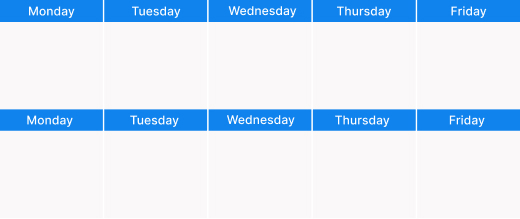Magic Letters
Use this alphabet-based game to experiment with communication, team collaboration, leadership and agile work in a fun way
Description
This experiential activity is a variation of the classic Scrabble game. It brings fun and learning together. Participants will have to come up with a strategy to form as many words related to the training’s subject as possible. The process is iterative and it reveals key aspects of team collaboration and change management.
Flow
Introduction
- Introduce the activity to the participants. Mention to them the rules, number of tiles, number of rounds, time per round etc. Split them into teams.
- Mention the fact that the activity is not about competing against the other teams.
- Join each team and provide the activity link.
Work
- During the first planning phase (5 minutes), teams practice working with the virtual alphabet letters. They define their strategy, roles, etc. At the end of this planning phase, they estimate the number of words they will create in the 2-minute round (execution phase). Once they complete the planning phase, the facilitator puts the letters back into the set.
- During the execution phase, the team members focus on matching/exceeding the estimate.
- The second round of planning (5 minutes) focuses on optimizing the results. At the end of this planning phase, they estimate the number of words they will create in the next 2-minute round (execution phase). Once the they complete he second planning phase, the facilitator puts the letters back into the set.
- After the second round of execution takes place, the third and final round of execution (2 minutes) will immediately take place. There won’t be a third planning phase.
Debrief (suggested)
- The facilitator may ask the following questions:
- How satisfied are you with the results?
- What helped you reach these results?
- Who took the leadership in your team?
- What challenges did you face during this activity? What or who helped you overcome them?
- Who came up with a great idea and you would like to give thanks for?
- If you were to do this all over again, what would you do differently to improve the results?
- What resemblances do you see with what happens at work?
Variations
One can find interesting variations by using different durations, number of rounds or participants. Having a nominated observer may add a lot of insights.
Additional info
This activity follows activity type guide from CARTA







